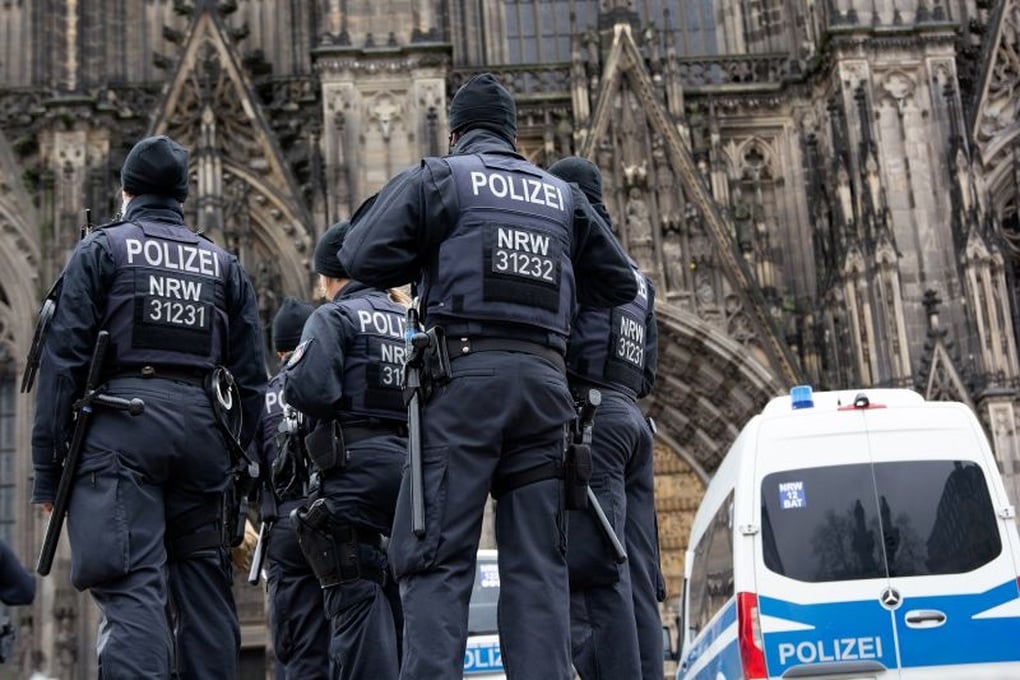
German police at the entrance to Cologne Cathedral on December 31 (Photo: NurPhoto/Getty).
The streets of the German capital on December 31 will see twice as many police officers as on the night of December 31, 2022, when clashes between police and groups of young people occurred.
The violence that day was also a key factor in the surprise victory of conservative parties in the municipal elections in February, ending 22 years of rule by the Social Democrats (SPD), the party of Chancellor Olaf Scholz.
The Berlin capital's government, now led by the Christian Democrats (CDU), will be under great pressure to prove it has turned the tide and can maintain security better than the previous administration.
To achieve that goal, they have mobilized 3,500 additional police officers from Berlin itself and from the neighboring states of Saxony and Saxony-Anhalt to maintain order in the capital.
"This is the biggest New Year's Eve deployment we've seen in decades," said Barbara Slowik, Berlin police chief.
Many officials remain concerned that the risk of violence has increased significantly in the past few months following Hamas's attack on Israel on October 7, followed by Israel's bombing campaign and ground offensive in the Gaza Strip.
Since then, Berlin has seen a wave of pro-Palestinian protests, often in the same areas where violence broke out on the final day of last year.
"We are aware of the fact that the security situation in the city has been more tense since October 7 than before," said Berlin Mayor Kai Wegner.
New Year's Eve in Germany is often a reason for young people to set off fireworks in crowded residential areas. The spectacle, which usually lasts for several hours, can resemble a war zone with deafening explosions, plumes of black smoke and ambulance sirens.
But last year’s celebration in Berlin quickly turned violent, fueled in part by alcohol. Groups of young men set cars and buses on fire, aimed fireworks at police and fire trucks, and ambushed and attacked emergency services.
The fact that many of the rioters had immigrant backgrounds has sparked a major debate across Germany for months, according to the Financial Times . Conservative commentators have said the incident demonstrates Germany’s failure to integrate many of the refugees who arrived during the massive migration wave of 2015-2016.
Source


![[Photo] Ready for the top competitions of Vietnamese table tennis](https://vphoto.vietnam.vn/thumb/1200x675/vietnam/resource/IMAGE/2025/5/18/9c547c497c5a4ade8f98c8e7d44f5a41)

![[Photo] Party and State leaders attend the special art program "You are Ho Chi Minh"](https://vphoto.vietnam.vn/thumb/1200x675/vietnam/resource/IMAGE/2025/5/18/6895913f94fd4c51aa4564ab14c3f250)


![[Photo] Many young people patiently lined up under the hot sun to receive a special supplement from Nhan Dan Newspaper.](https://vphoto.vietnam.vn/thumb/1200x675/vietnam/resource/IMAGE/2025/5/18/6f19d322f9364f0ebb6fbfe9377842d3)





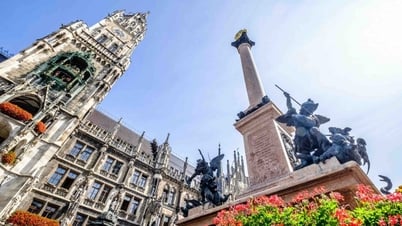



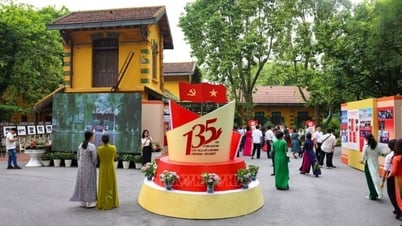





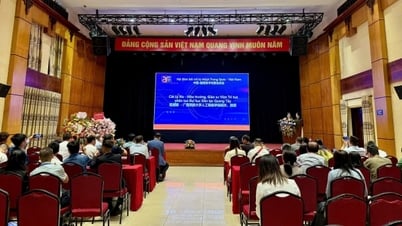




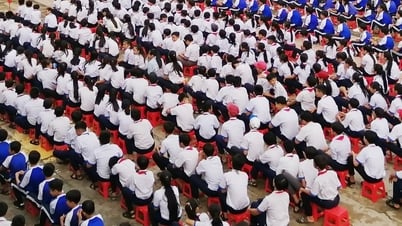




















































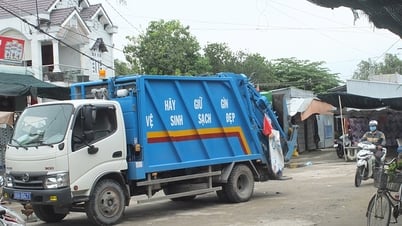

















Comment (0)